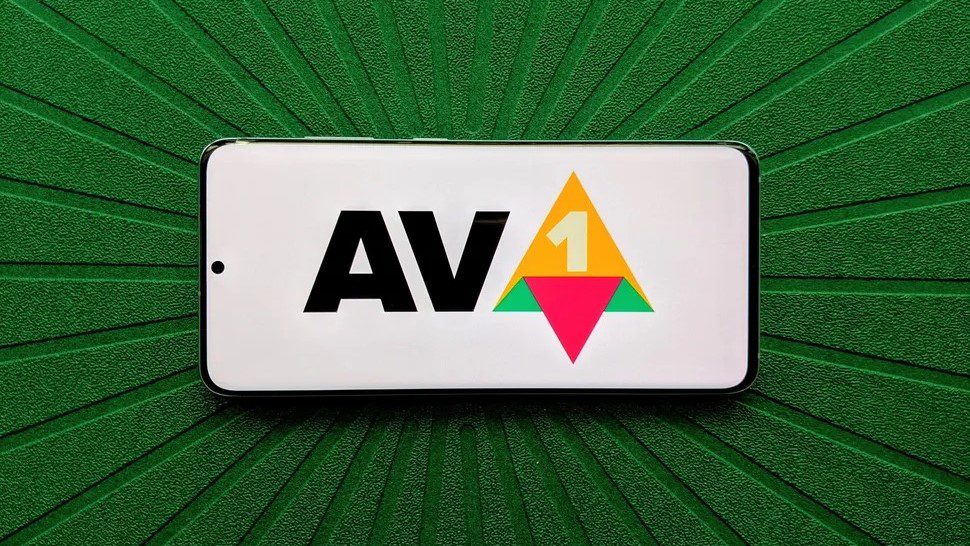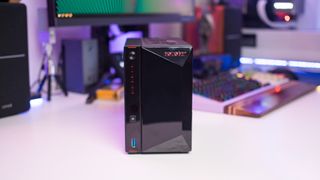A recent update just brought AV1 support to your Android phone
What do you want to know Google confirms that it has switched to VideoLAN’s open source libdav1d codec for AV1 video playback via its March 2024 Play Systems update. The new codec is said to have increased performance and efficiency compared to the old libgav1 codec. The new software codec leverages a device’s processor, meaning […]

What do you want to know
- Google confirms that it has switched to VideoLAN’s open source libdav1d codec for AV1 video playback via its March 2024 Play Systems update.
- The new codec is said to have increased performance and efficiency compared to the old libgav1 codec.
- The new software codec leverages a device’s processor, meaning more devices can enjoy smoother videos without worrying about the hardware required.
Google has confirmed that all devices running Android 12 and above have received a new AV1 software decoder to facilitate smoother videos.
Michael Rahman highlighted Google’s confirmation on X, courtesy of Arif Dikici, software development manager for the Android video and image codec. Dikici states that Android 12 and later devices received the new “libdav1d” codec as an OTA (over-the-air) update. Rahman adds that it has been included in the March 2024 Google Play Systems Update and beyond.
While the codec aims to improve AV1 video playback on Android, Google confirms that “most devices” can decode 720p30 videos with libdav1d. However, applications must opt for the new codec to benefit from its capabilities.
Dikici explains that “soon” Google will make the new codec the default on Android systems.
Rahman’s research shows that the new software codec, developed by VideoLAN, is better and more efficient in decoding AV1 videos.
Google confirms that Android is switching to @videolan’s libdav1d decoder for AV1 video playback! I first reported in February that Google planned to roll out a Play system update that would enable libdav1d as Android’s default AV1 software decoder. Yesterday, Arif Dikici,… pic.twitter.com/m0m2W20GZCApril 18, 2024
The confirmation comes two months after rumors about VideoLAN’s codec on Android began swirling. The open source video codec leverages a device’s processor to handle the “complex” tasks required to decode videos smoothly. However, not all devices come with the hardware needed to do all the heavy lifting.
On a technical level, AV1 helps reduce the size of a video without sacrificing its quality in the process. In turn, this reduces the strain on a user’s cellular data when streaming content or watching videos on YouTube. Netflix and YouTube have since incorporated support for the AV1 codec to support a range of devices.
AV1 has not yet been adopted as “standard”, although Qualcomm and Apple have integrated it into their chips. This benefits flagship models, but leaves out mid-range and budget devices. With Google’s confirmation and the latest rollout, the AV1 software codec should alleviate these playback issues for more users.














